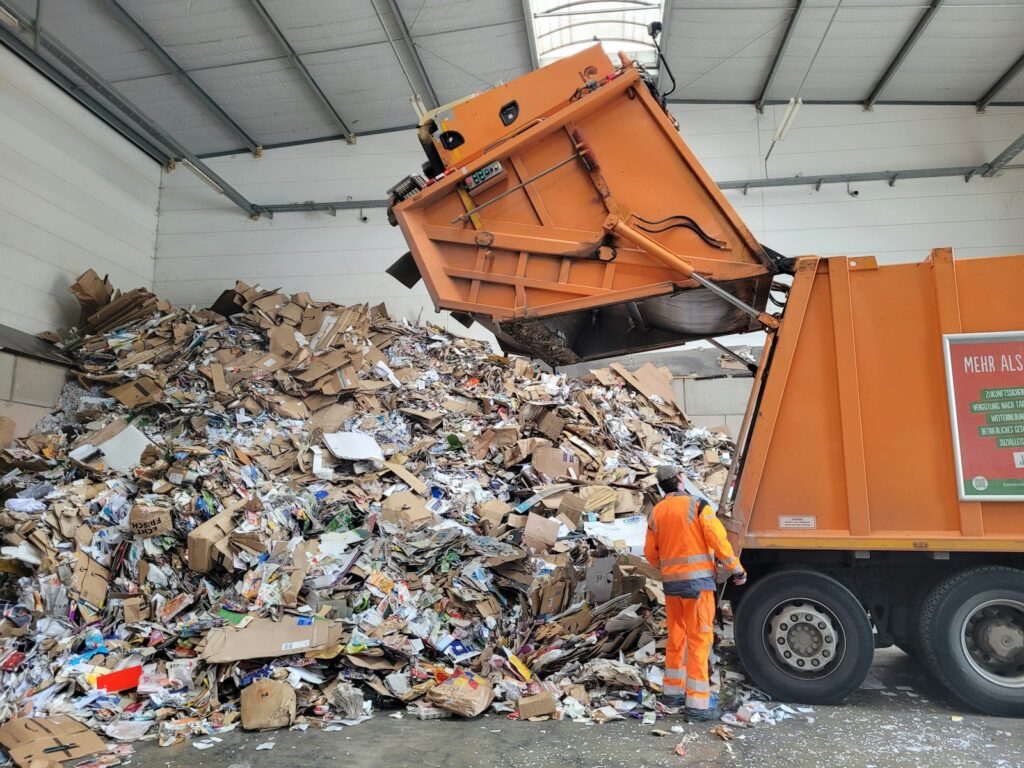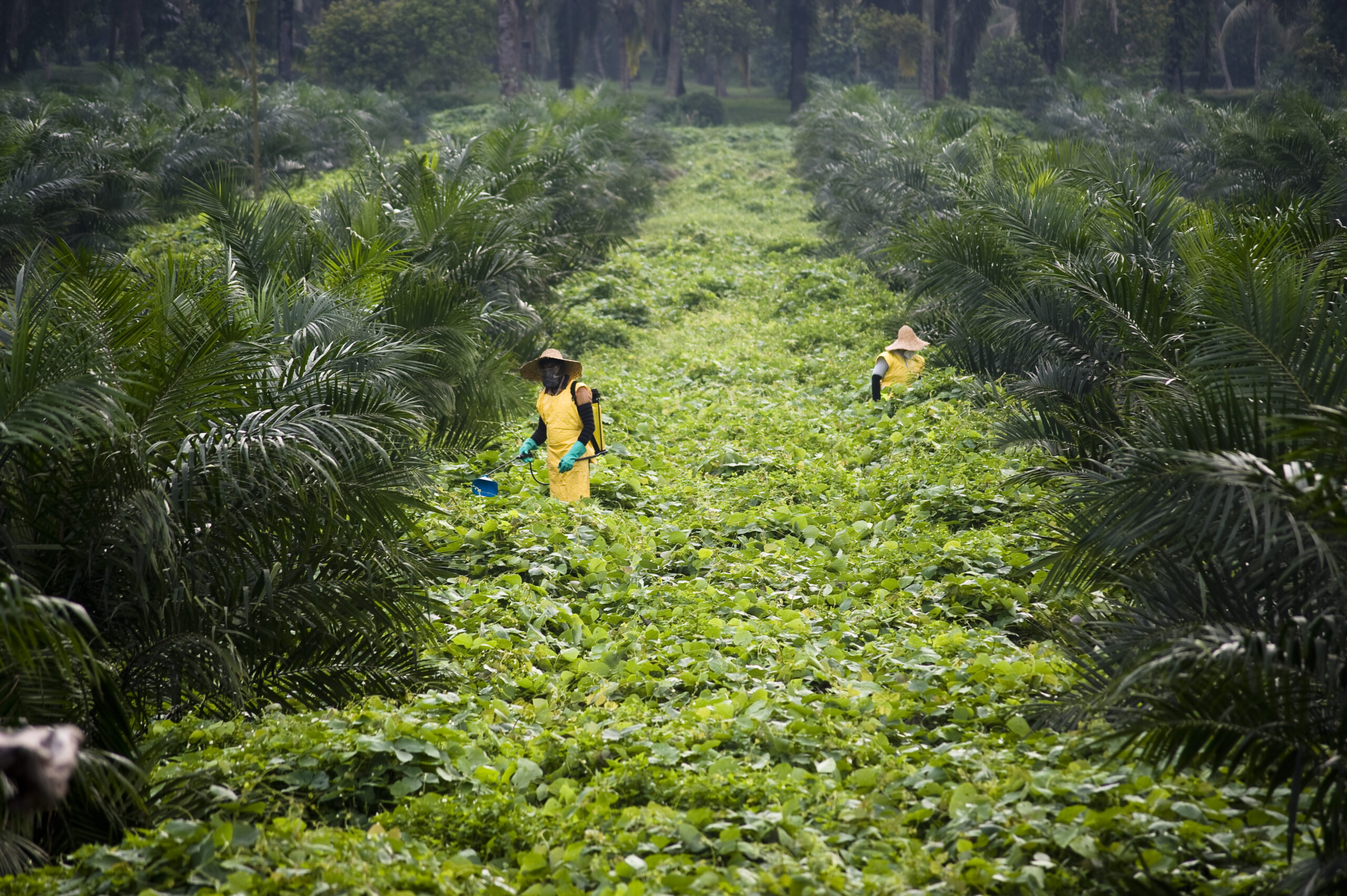As a new report reveals the stark contrasts between corporate deforestation promises and genuine progress to protect woodland, we get a biology lesson in equitable, climate-friendly land optimisation.
With the global population expected to reach 9.8 billion by 2050 and 80 million hectares of forest being lost annually predominantly to agricultural expansion, one of humanity’s greatest challenges is cultivating enough food to feed everyone while conserving forests. A vital part of the solution lies in transforming how key commodities like beef, soy, cocoa, coffee and palm oil are produced.
A recent report from Global Canopy, Forest 500, reveals a stark gap between corporate promises and genuine progress, with almost half of the companies who have pledged to eliminate deforestation by the end of 2025, only a small minority are on track.
The World Bank recently warned that deforestation could cause an economic loss of $2.7 trillion a year by 2030. In Brazil alone, Amazon degradation could cut agricultural output by $3.5 billion a year. This economic risk, coupled with the risk of land degradation and food insecurity – businesses must work to eliminate deforestation from their supply chains.
Forests not only provide essential resources for feeding a growing global population. For smallholder farmers who depend on cultivating agriculture on their land, adopting sustainable practices can strengthen both environmental protection and food security, as well as improve their own livelihoods, ensuring a sustainable future for all.
Economic resilience is key to this effort. Together with other voluntary sustainable standards such as Fairtrade and Bonsucro, the Roundtable on Sustainable Palm Oil (RSPO) works with smallholder farmers to promote sound business practices, optimise yields, and secure a premium price in the market, while also teaching them environmentally sound practices and how to become responsible employers. For smallholders, this transition to becoming entrepreneurs is essential for long-term success and stability.
Sustainable palm oil
Palm oil was long associated with deforestation and wildlife habitat loss, which led to many environmental groups calling for its boycott. In part, this may be down to its ubiquity. The world’s most widely used vegetable oil, it’s in around half of all supermarket products.
Yet substituting palm oil with other vegetable oil crops – like sunflower, soybean or rapeseed – is not necessarily the answer. Ultra-efficient, oil palms produce about 35% of all vegetable oils on less than 10% of the land allocated to oil crops overall. Other oil crops can require up to nine times more land to produce the same amount of oil, and that might well cause even greater environmental and social issues.
The way forward is to optimise the land used for oil palm cultivation. This means the adoption of sustainability principles that guide plantations and smallholders towards environmental stewardship, ethical conduct and regenerative agriculture.
Since 2004, when the RSPO was first established, the organisation has certified 5.2 million hectares of land under RSPO Standards across 23 countries – conserving 466,609 hectares of forest, an area 44 times the size of the City of Paris. We see this as proof that sustainable palm oil production can help reduce deforestation while meeting the needs of the global population. Research indicates that sustainable palm oil can have a 35% lower risk of global warming impact and a 20% lower risk of biodiversity impact from land-use changes compared with its non-certified equivalent.
Smallholders on the frontline of conservation
Globally, over seven million smallholders produce 40% of the world’s palm oil. RSPO, along with national palm oil standards such as Malaysia’s MSPO and Indonesia’s ISPO, teach smallholders to apply good agricultural practices that safeguard forests and natural ecosystems while producing the palm oil the world relies on to cook our food and the products to keep us clean and healthy.
These methods include: not felling any untouched tropical forests or natural ecosystems; ceasing the use of fire to clear land or burn waste; leaving a river or vegetation buffer zone to protect water quality, biodiversity, and carbon storage; and phasing out chemical pesticides to reduce potential chemical pollution and leaching that can affect forest and biodiversity health.
Producing palm oil responsibly doesn’t just benefit people and the planet – it also promotes restoration. In May 2023, three orangutans were released into the forests of Salat in Indonesia as part of their reintroduction back to their natural habitat.
The initiative was spearheaded by an RSPO Certified smallholder group and funded, in part, by the revenue they earned from selling RSPO Independent Smallholder Credits to downstream brands such as Kao and Nestlé. In another part of Indonesia, another certified smallholder group managed to rejuvenate a local polluted river, reversing the decline of endemic freshwater species there in the process.
Evidence also demonstrates that sustainable palm oil is more profitable too. RSPO Certified smallholders can earn up to 35% more from their harvests, thanks to improved management practices. Ultimately, the principles of sustainable palm oil aim to turn smallholders from farmers to entrepreneurs, so they are less at the mercy of external market forces, and can be empowered to strengthen their family and communities’s wellbeing and social mobility.
Supply diversions and food security
At present, the exports of palm oil’s two largest producers – Indonesia and Malaysia – are being hit by plateauing production and increasing diversion to rising palm-based biofuel demand, particularly in Indonesia. Almost half of palm oil produced in Indonesia now goes into its domestic biodiesel programme, and this push is set to slash Indonesia’s general palm oil exports by 32% to just 20 million metric tons in 2030. Diverting significant volumes of palm oil to biodiesel risks exacerbating food security issues, limiting the amount available for food use, which has already contributed to rising cooking oil prices and shortages in Southeast Asia.
Since it is associated with better crop yields, sustainable palm oil can help overcome these supply challenges. The average yields of RSPO Certified plantations and mills in metric tonnes of palm oil produced per hectare of land are nearly 60% higher than the global average. In specific units, productivity can be double that. This means that the same land area can be managed to produce more palm oil, while the highest environmental and social standards are maintained.
Forests and food
Sustainable palm oil, and sustainable agriculture in general, is centred on how to create a system in which human activities and nature positively interact. It’s how to curb deforestation, improve biodiversity, empower communities and ensure food security for all. With less than six months to go until Climate COP30 in Belém, on the doorstep of the Amazon rainforest, there has never been a more urgent time to shine a light on these interconnections. Balancing forest protection with global food security is a complex challenge with no easy answers, but producing palm oil and all agriculture sustainably must be at the heart of the solution.
HS Yen is Director of Standards and Sustainability at the Roundtable on Sustainable Palm Oil.
Image: RSPO / Jonathan Perugia
More features:
The Big Interview: Tom Grylls – Clean Air Fund’s Head of Super Pollutants
Nature, demolition and construction: recommended changes for the British Standards Institute
Leaky buildings to climate leaders: English net zero hinges on schools


















